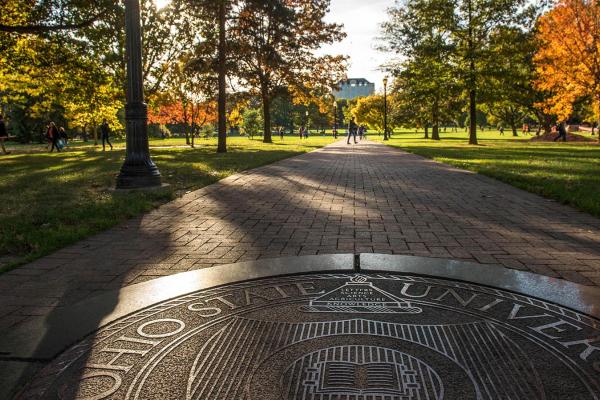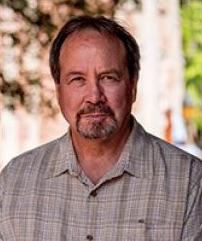January 30, 2019
Tryptophan, Peasant Economies, and Eugenics in Depression era-Blue Ridge Mountains

Though it was an overcast day, there were lots of cheerful greetings as our semester began. We were ready to hear about the work of a fellow anthropologist: Glenn Davis Stone, a professor of sociocultural anthropology and environmental studies at Washington University – St. Louis. Dr. Stone gave a lecture entitled “Tryptophan, Peasant Economies and Eugenics in Depression era-Blue Ridge Mountains”. His current multidisciplinary project examines the history and loss of a small group of Appalachian farmers. Traditionally populations living on the margins, geographical, social, or economic are considered vulnerable. Stone’s team reject this perspective and instead focus on the external series of shocks that devastated the community.
The story begins high in hills and back in the holler at the turn of the 20th century. The community used a variety of subsistence strategies that were successful until the chestnut blight tipped off what Stone calls an unfortunate cascade of events. The blight led to a series of environmental changes that limited hunting and gathering, there were multiple drought years, and the Great Depression wages. Toxic food aid including unprocessed corn flour left the community at risk and susceptible to the nutritional disease pellagra. Then the condemnation of properties to establish the Shenandoah National Park forced many from the community out of their homes and off their farms. Their poverty, the rudimentary mental health system of the day as well as their accent, low literacy, and deleterious effects of disease meant many into were deemed “imbeciles” and forcibly sterilized.

The vile actions of the Americans who bought the eugenics movement to Appalachia created a dark miasma that filled the lecture room. We all cringed and thought, “thank goodness we don’t do that anymore”. Except, … Dr. Stone’s lecture was making us squirm.
Dr. Stone has explored the ethics surrounding food production and genetically modified crops throughout his career. He emphasized the economic motivations that typically underlie scientific design and idealism. Then he compared food production to the human design in CRISPR. He shared a quote from a recent publication that focused on our ability to tweak the genome, to correct diseases, and how the government would be our protection from the eugenics of the past.
Dr. Stone’s lecture was excellent and terrifying. It was easy to feel outraged. Comments and questions wondered how this could happen and how it could be so normal. I’m sure many of us in the room considered our own work; how we develop a golden narrative and send our results into the world hoping that we are making a positive contribution. I for one hope to change the world, but the shifting sands of social science force me to ask difficult questions about how my own research will be used.
Blog entry written by Tannya L. Forcone, MA Anthropology, Graduate Research Associate, Kirwan Institute for Race and Ethnicity
